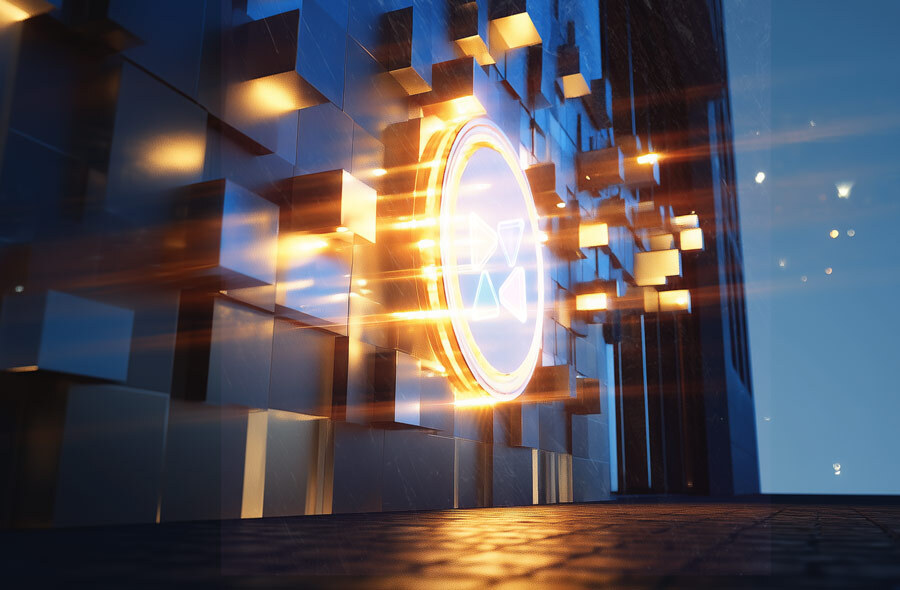Examples of Asset Classes Benefitting from Tokenisation
Real Estate
The traditional real estate market often requires significant capital for entry, creating a barrier that excludes many potential investors. Furthermore, the investment process is typically slow, involving multiple intermediaries which increases transaction costs and complexity.
Tokenisation addresses these issues by enabling fractional ownership, which drastically reduces the entry costs and democratises access to real estate investments. It also simplifies transactions by minimising intermediary involvement, thereby reducing costs and enhancing efficiency, making the market more liquid and accessible.
Art and Collectibles
Investing in high-value art and collectibles has traditionally been accessible only to wealthy or specialised investors due to the high costs of acquisition and the complexities of authentication and ownership transfer.
Tokenisation can revolutionise this by allowing fractional ownership, thereby lowering the financial barrier to entry and enabling a broader investor base to participate in asset appreciation. Additionally, it can provide a secure and transparent way to prove ownership and provenance, further opening these markets to new investors.
Commodities
Commodities like gold or oil typically require handling of physical goods, storage, and security, which can deter individual investors due to the complexities and high costs involved. Moreover, these markets often lack transparency, making it difficult for smaller investors to enter.
Tokenisation can mitigate these challenges by providing digital ownership of a fraction of the physical commodity, eliminating the need for direct handling and storage. This method enhances market accessibility, adds layers of transparency, and increases the efficiency of trading activities.
Debt and Equity Instruments
Traditional buying, selling, and issuance of debt and equity instruments can be cumbersome and expensive, with lengthy processes involving numerous parties that can restrict access to smaller or international investors.
Tokenisation simplifies these processes by enabling the digital issuance, settlement, and transfer of these instruments, significantly reducing associated costs and time delays. This opens up global access to financial markets, making it easier for individuals and small businesses to raise capital and for investors to diversify their portfolios across borders with greater ease and lower costs.
Real-World Applications and the Future
Tokenisation is fast becoming a reality in various sectors. For example, real estate projects are exploring tokenisation to improve liquidity and attract global investors. Energy companies are considering tokenising renewable energy sources like solar panels to facilitate communal ownership and expansion. Moreover, the adoption of standards such as the ERC3643, designed specifically for tokenising real-world assets, is set to increase the security and interoperability of tokenised assets across different platforms.
Conclusion
Asset tokenisation is not just a fleeting trend; it represents a fundamental shift in how we think about and handle ownership of assets. By breaking down barriers to entry, enhancing liquidity, and providing a secure and transparent way to manage asset ownership, tokenisation is poised to revolutionise various industries. Whether you're an investor, an asset owner, or just someone curious about the future of finance, understanding and leveraging asset tokenisation could be critical.
As the technology matures and more use cases emerge, the importance of asset tokenisation in everyday financial transactions will likely become more apparent, making it a topic worthy of attention today. To explore how you can begin tokenising your assets, visit Defactor for more information and guidance on getting started.
THIS ARTICLE WAS INSPIRED BY THE DEFACTOR PODCAST EPISODE 9









